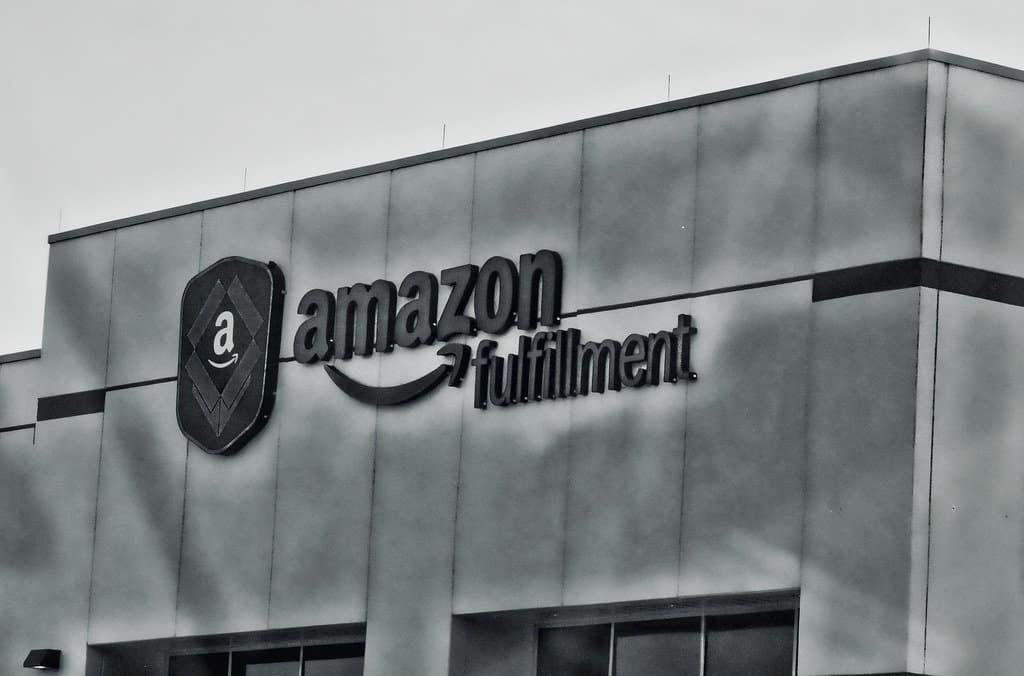Feefo, the trusted online review platform, has conducted a survey of 2,000 British shoppers – to find out about their wants, needs, gripes and issues with the online purchase process. In perhaps unsurprising news, but unfortunate for smaller businesses, it has uncovered the significant levels of brand loyalty to the ‘big two’, Google and Amazon. In fact it appears that starting your search for products using this two platforms has become more of a phycological habit.
Of the 2,000 people surveyed, 70% headed online as soon as they had decided they wished to purchase an item. Over this 70%, 79% of those would click through to Google or Amazon before anywhere else to start researching and browsing. Whilst this won’t be of a surprise to anyone who uses the internet; after all, Google is the biggest search engine in the world, processing almost 5.5 billion searches a day, and Amazon is known as the ‘world’s most valuable brand’; it definitely highlights the growing chasm between billion-pound corporations and SMEs struggling online.
Feefo Head of Digital, Richard Tank says ‘While Google’s online monopoly on the web has long been documented, it’s clear that Amazon is now just as prominent as the search engine, even though it’s technically an online retailer. It’s important to recognise that while consumers may start their search on these websites, they often end up buying from somewhere else. Today’s digital landscape is ever-changing and businesses have to meet the needs of their customers across the whole purchase journey in order to maintain sales and brand loyalty. The findings of this survey emphasise that.’
In a year of shopping restrictions and local (and national) lockdowns, businesses all over the world are moving online and so the marketplace is, and is always becoming, more competitive than ever.
Indeed, when we look at why heading to Amazon or Google is almost a default behaviour online, the answers may lie in what they don’t do rather than what they do. In the same survey, being passed around a call centre was ranked as the most annoying customer service gripe and automated voice systems second – but customers will be hard-pressed to even find a phone number for either of the ‘big two’, let alone be bandied around by customer service teams.
70% of those surveyed by Feefo admitted having added items to their virtual basket only to abandon their purchase at the check-out stage, and 63% of those blamed unreasonably high postage costs being added at that point for the abandonment. Those using Amazon will know that postage prices are standardised, and those searching Google clearly see P&P pricing listed alongside the product cost.

There’s no doubt that habits are changing and have already; to ‘Google’ has become a verb in the last 20 years, after all! Yet hope is not all lost for small businesses and the online space is being used more than ever as shoppers find themselves unable to engage with traditional brick-and-mortar stores in an unprecedented manner. The market’s competitive, but it’s open for business and, when pitched right, small brands can start to fight back.
Tank goes on to say ‘Consumer confidence and trust is essential to developing an online business that grows, and lasts. While the influence of the ‘big two’ won’t be changing anytime soon, brands small and large must do everything they can to build relationships with their customers, to ensure they keep coming back for more. Listening, learning and developing more personalised customer experiences is key to long term success. Technology as an enabler, must be fully utilised in order for online businesses to achieve this.’
